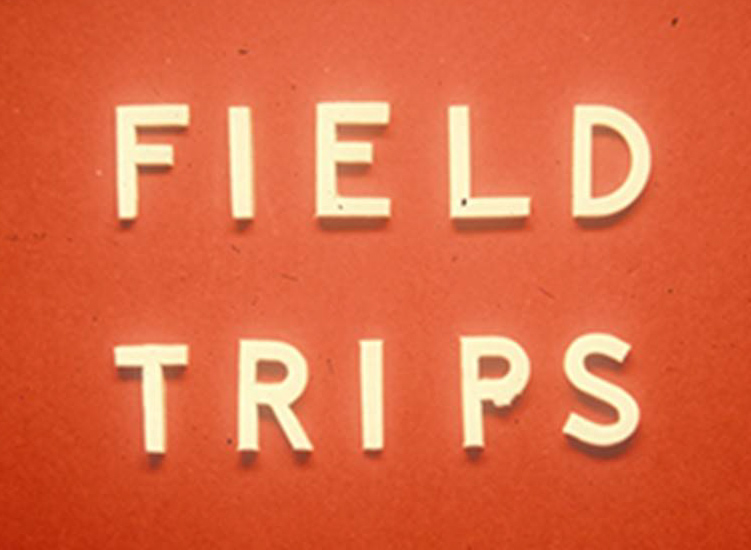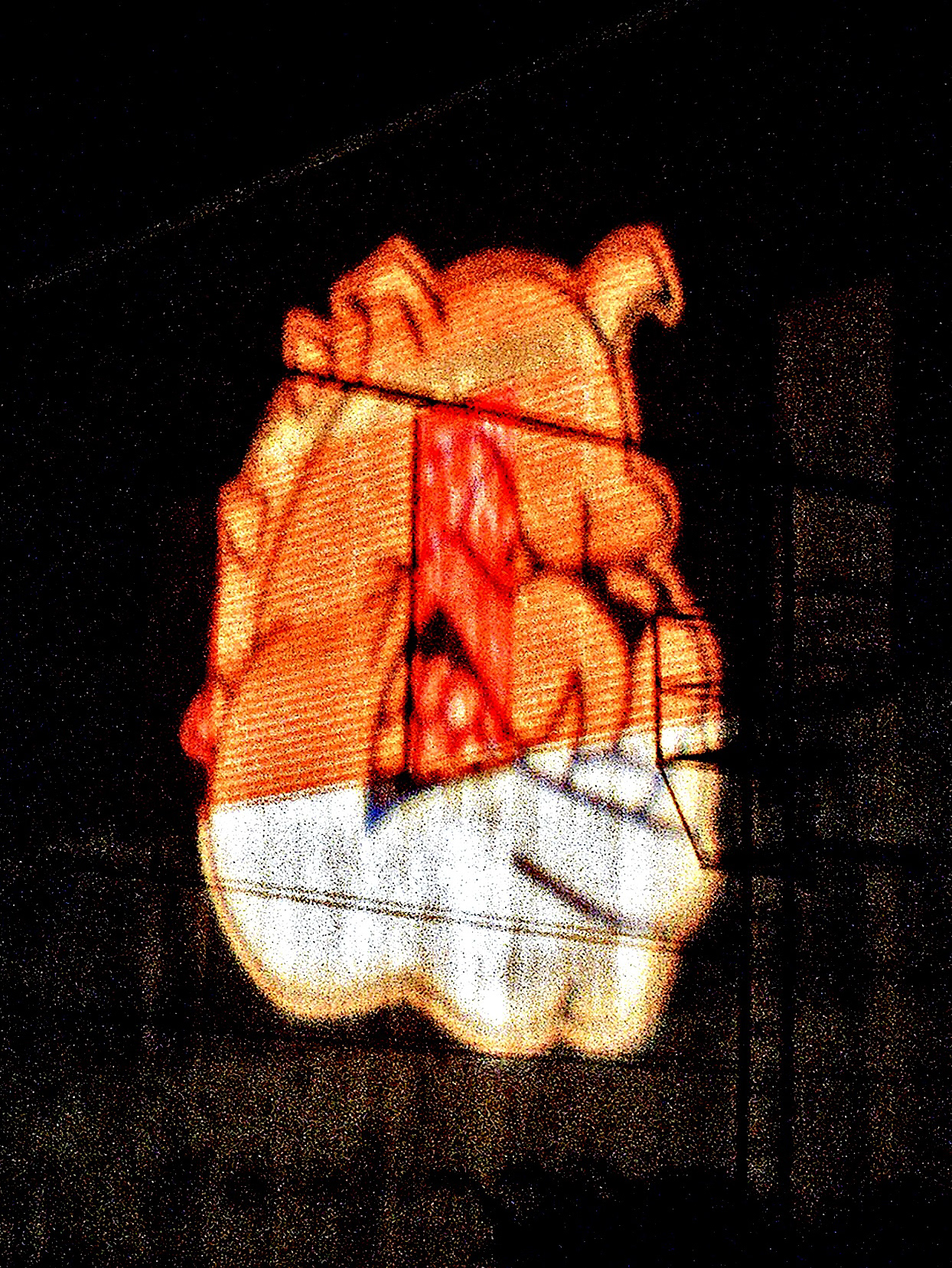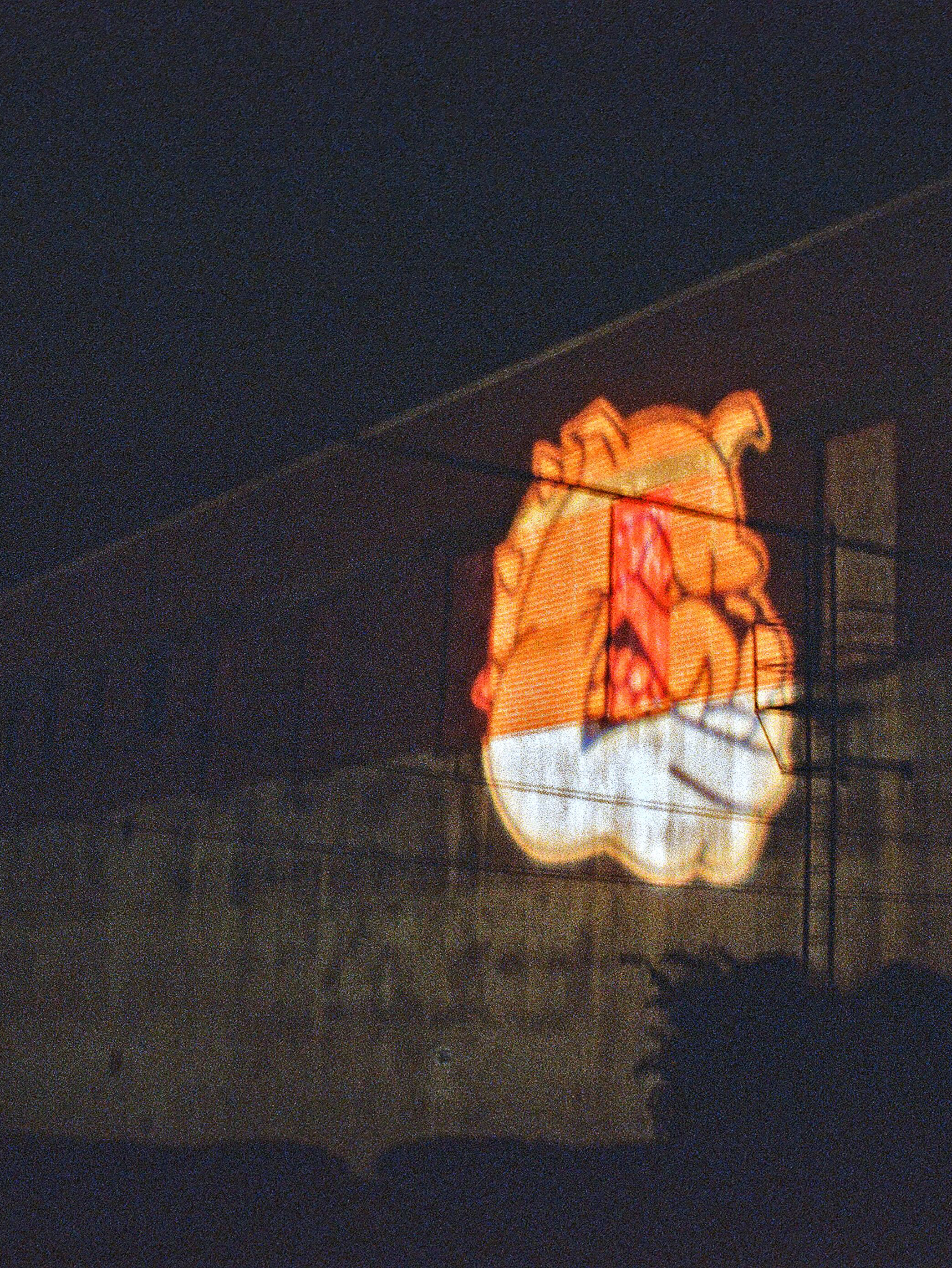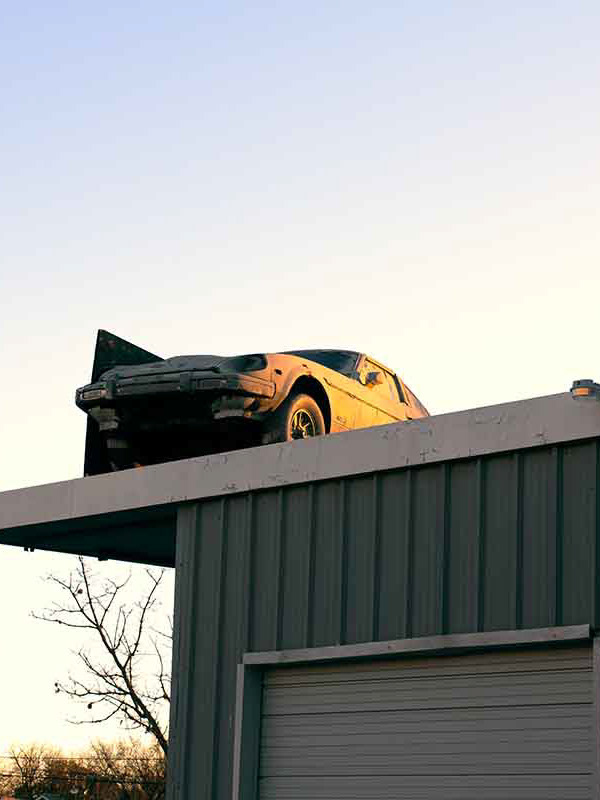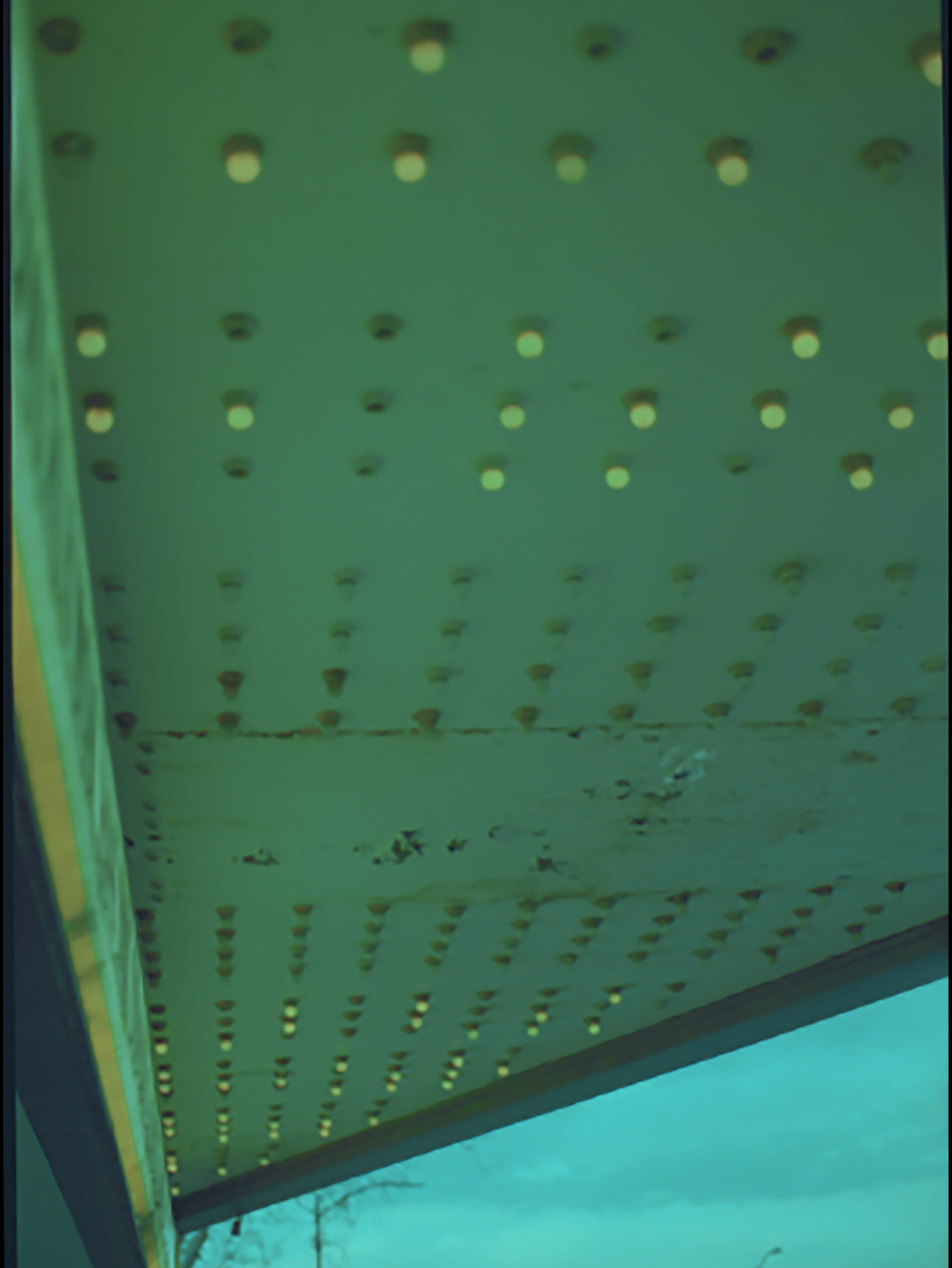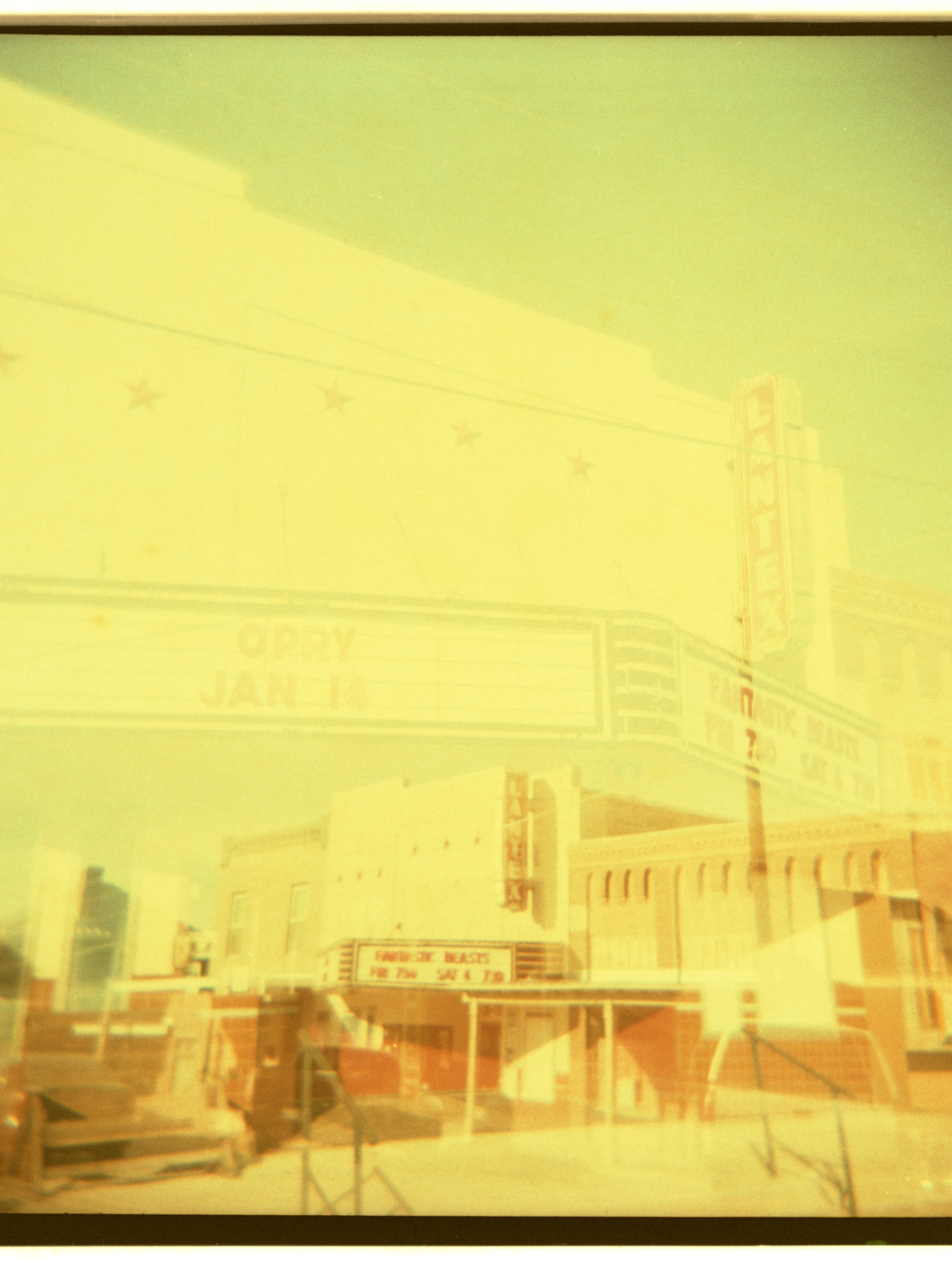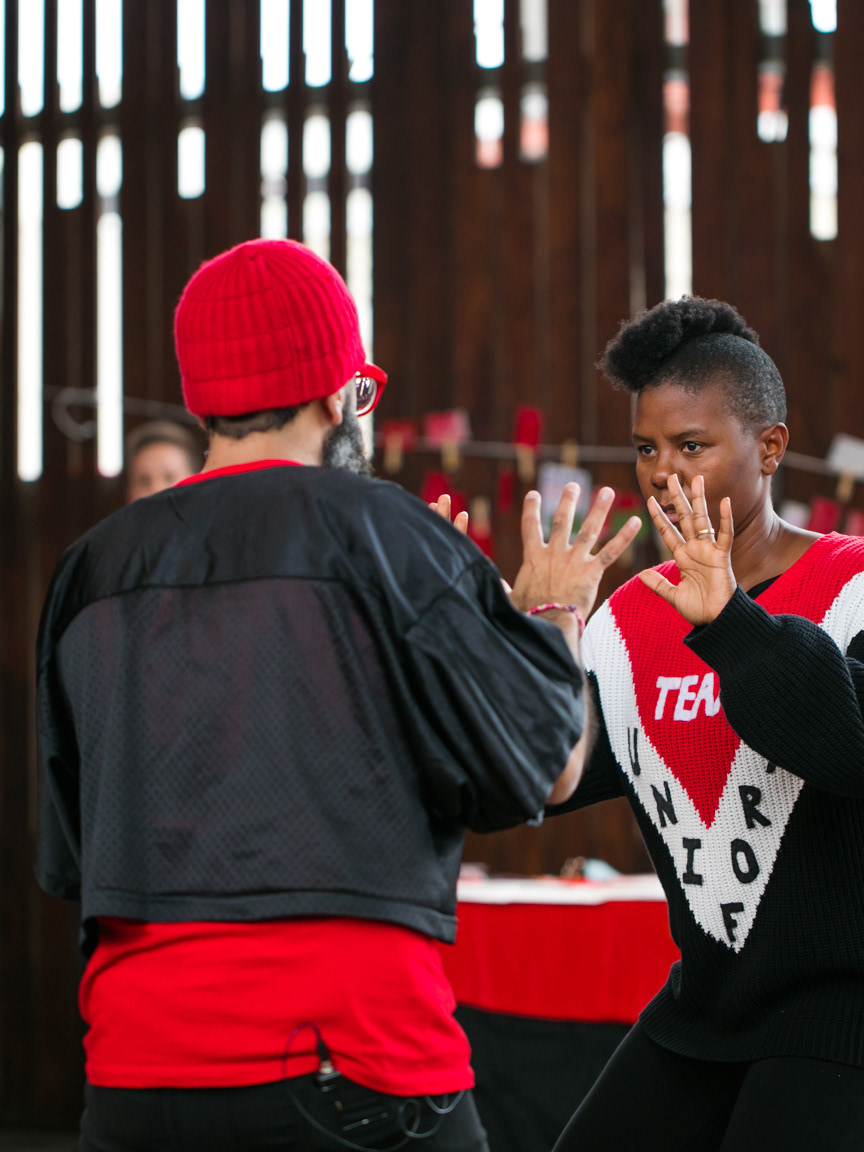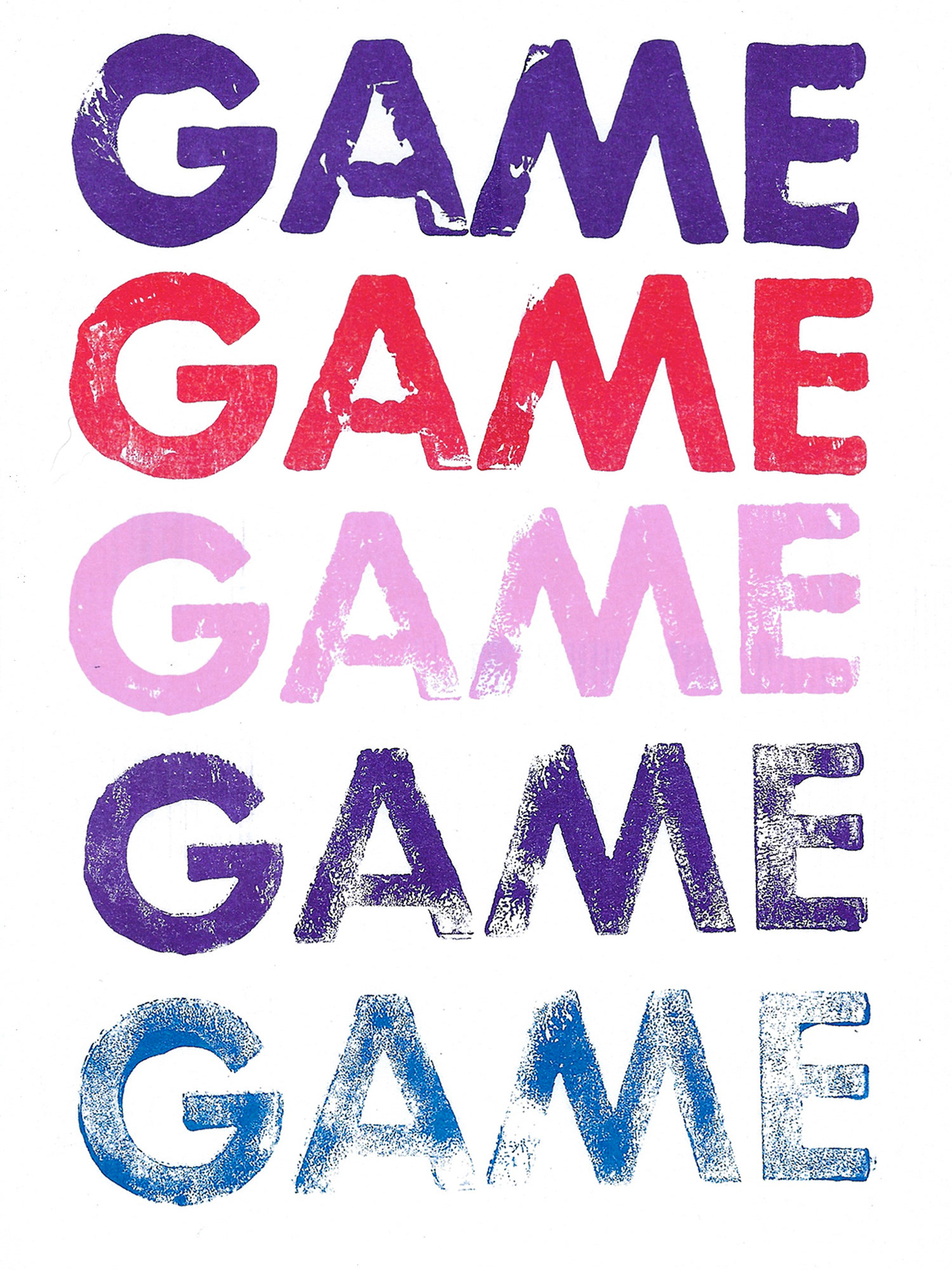Mixtape is an experimental theater piece that haunts the viewer as a radio play, live movie, and dance piece rolled into one. The show explores the personal narrative of Blanche Barrow, a one time member and longest survivor of the Bonnie and Clyde gang, to stir memories of manifest destiny, gendered violence, southern longevity, and longing. Mixtape is a tribute to analog dreamscapes, sculptures of early video art, the voice behind the microphone, punk carpentry, den carpet television overload, sleuthing a live feed, and a performative / collaborative installation.
Trinitron Mixtape is an hour long show where the audience observes two performers live onstage as well as camera feeds that switch and manipulate these performances fed onto a video wall of 30 analog screens. Original text and music accompany the show.

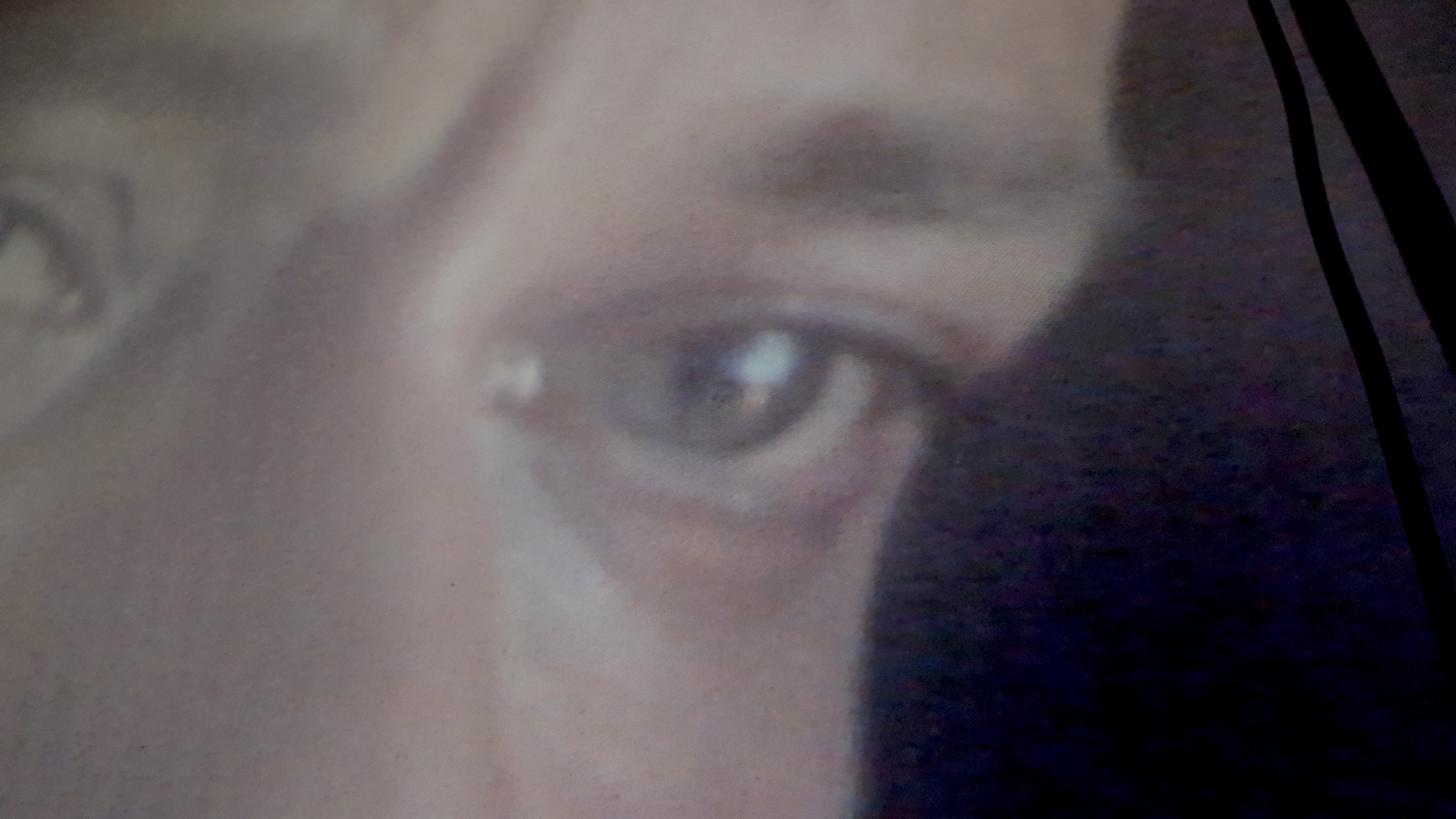
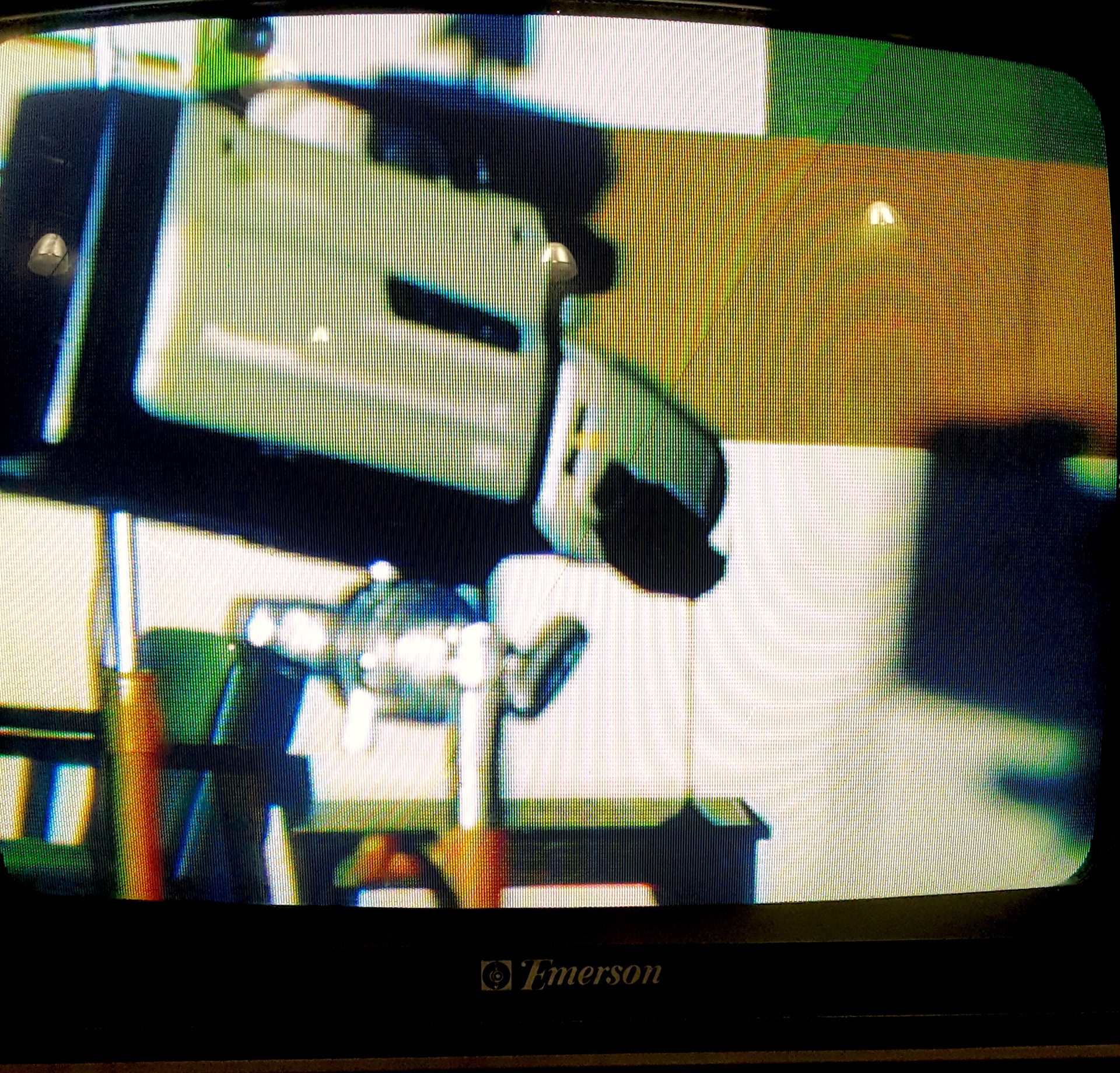

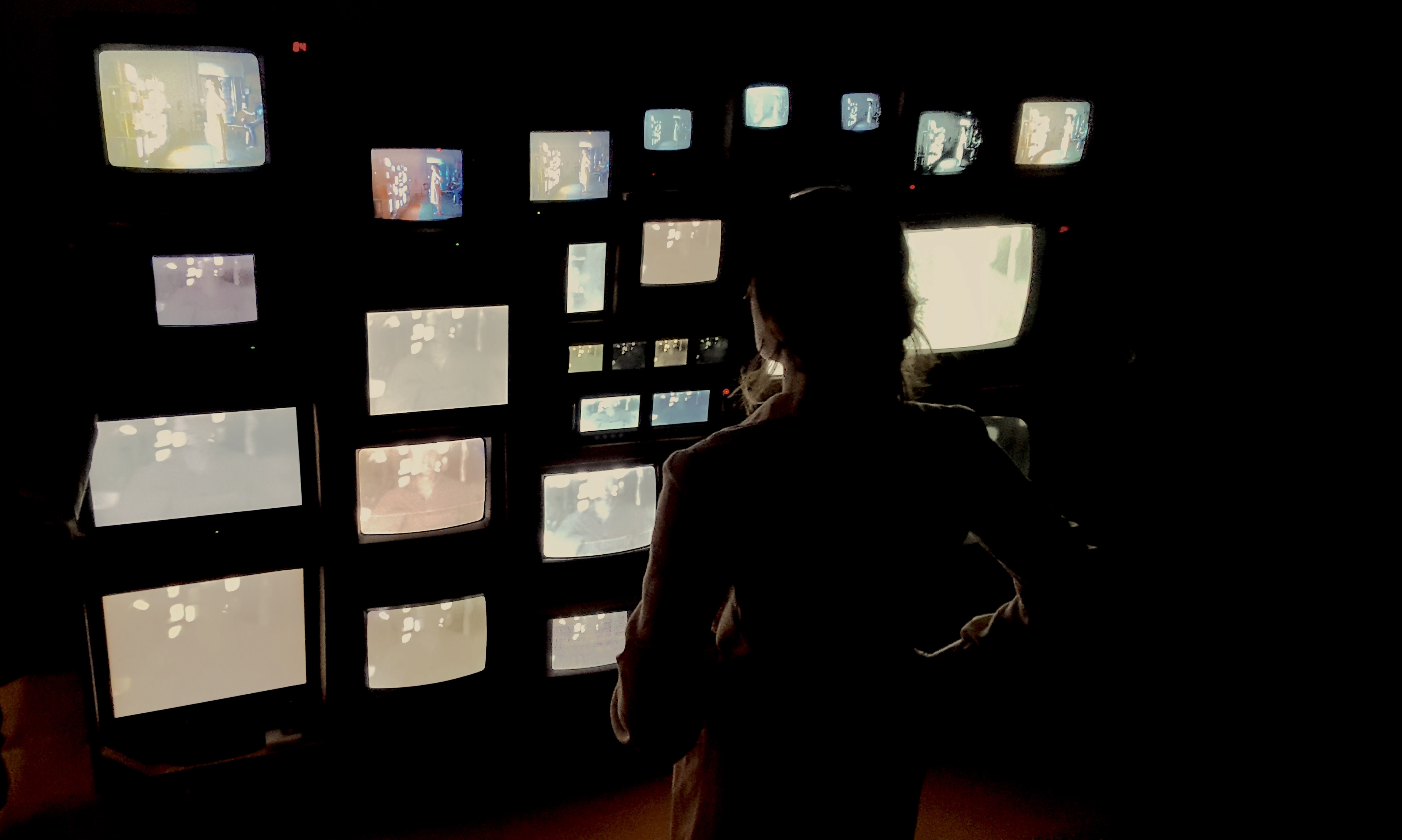
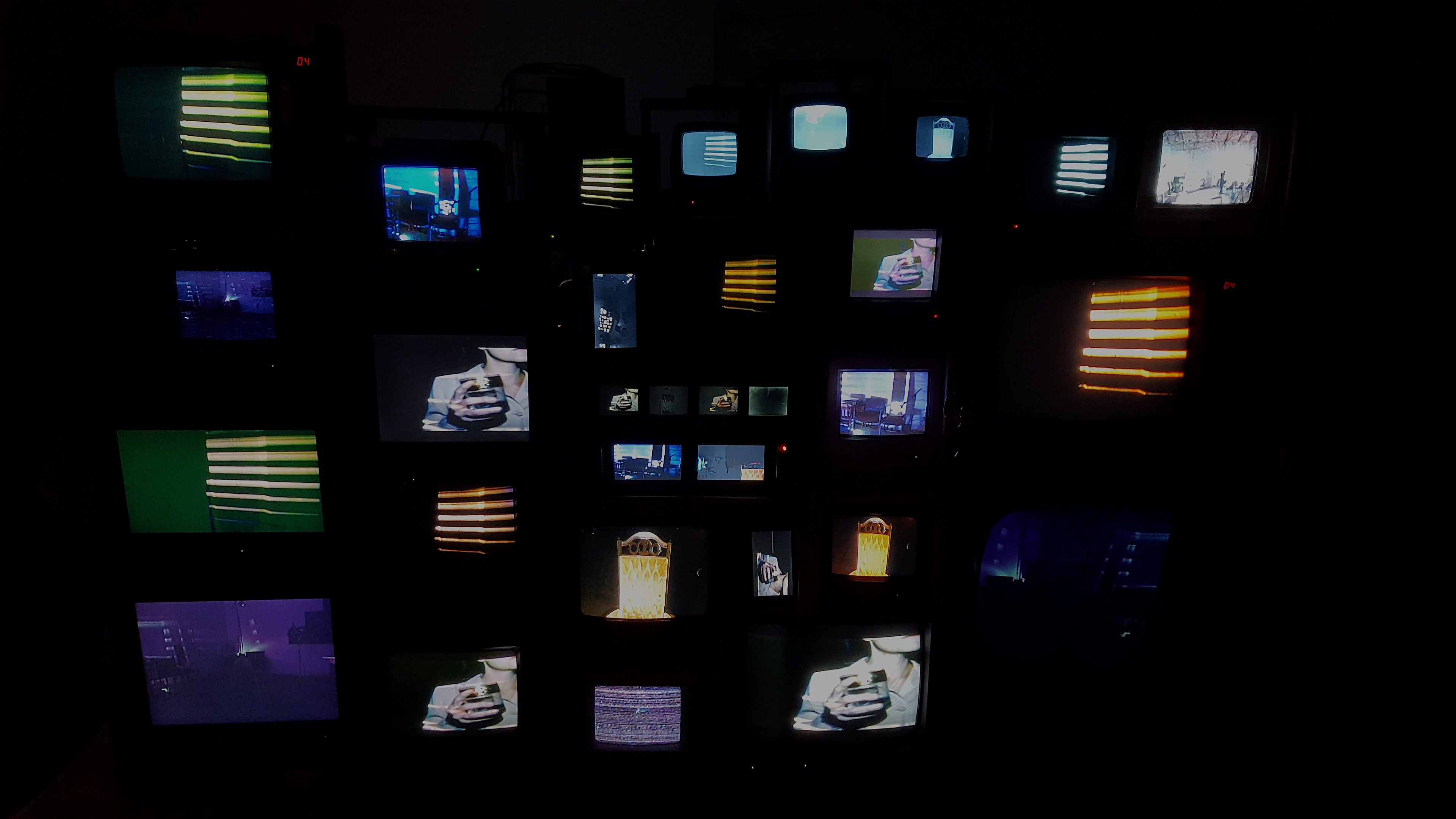
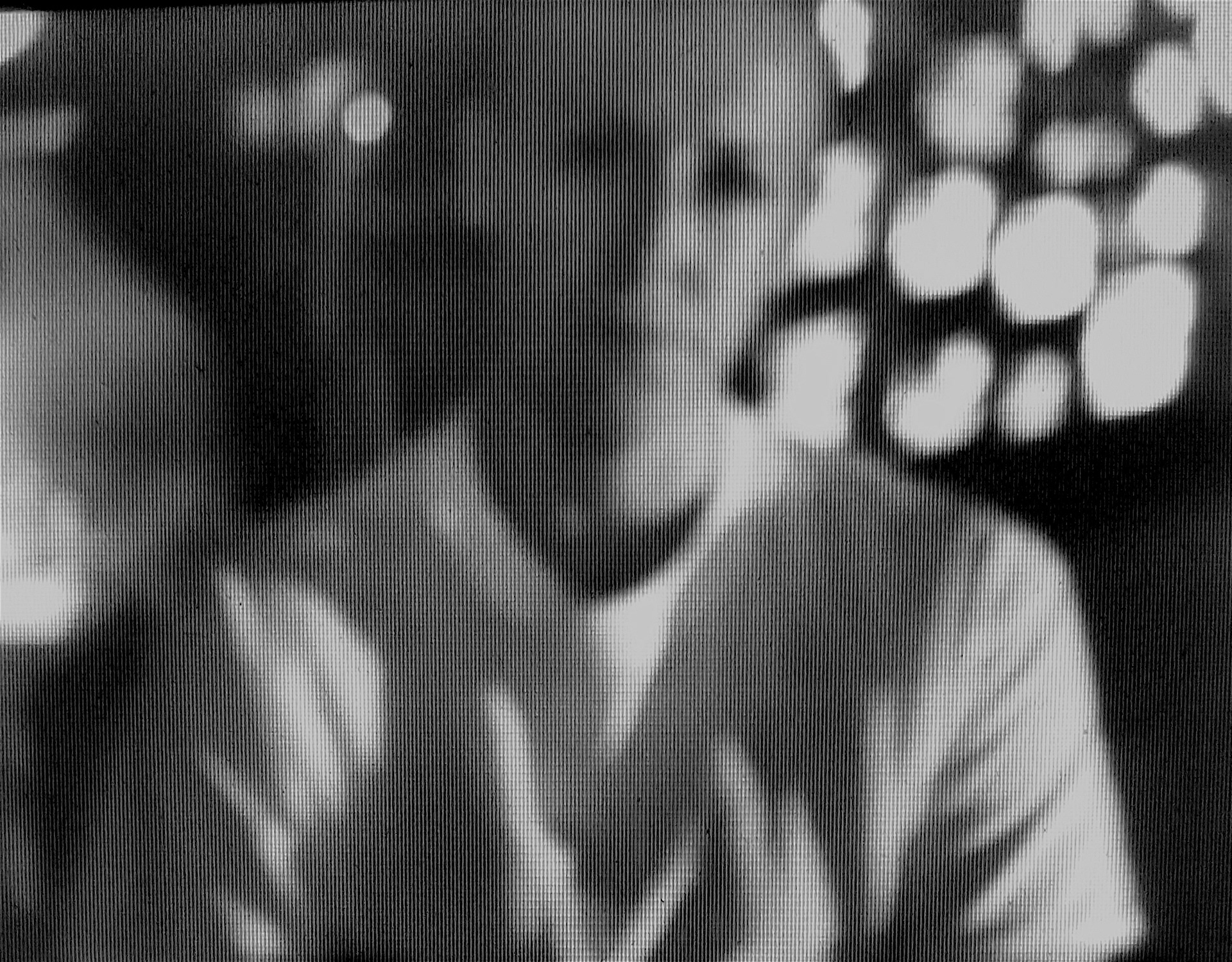
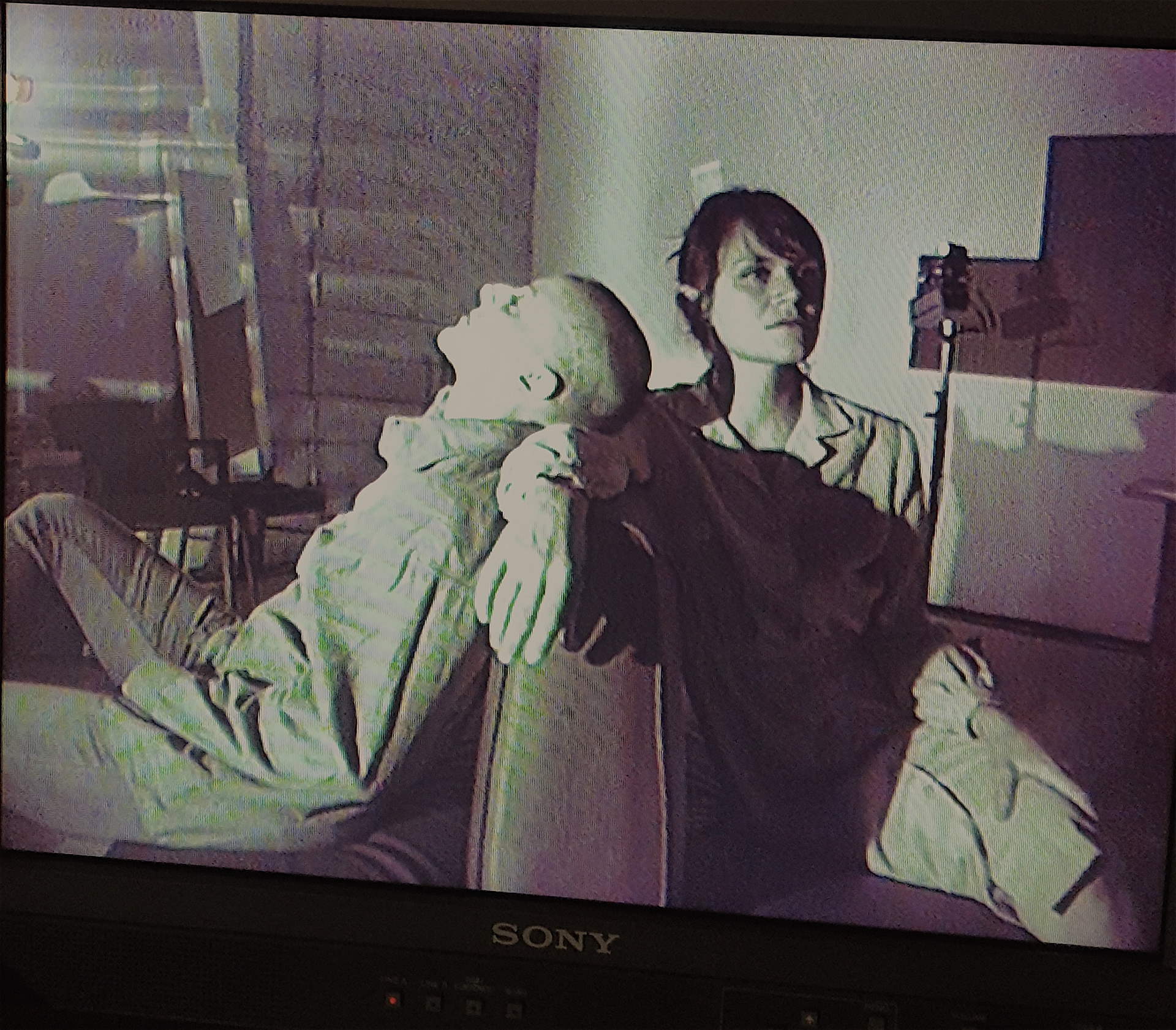

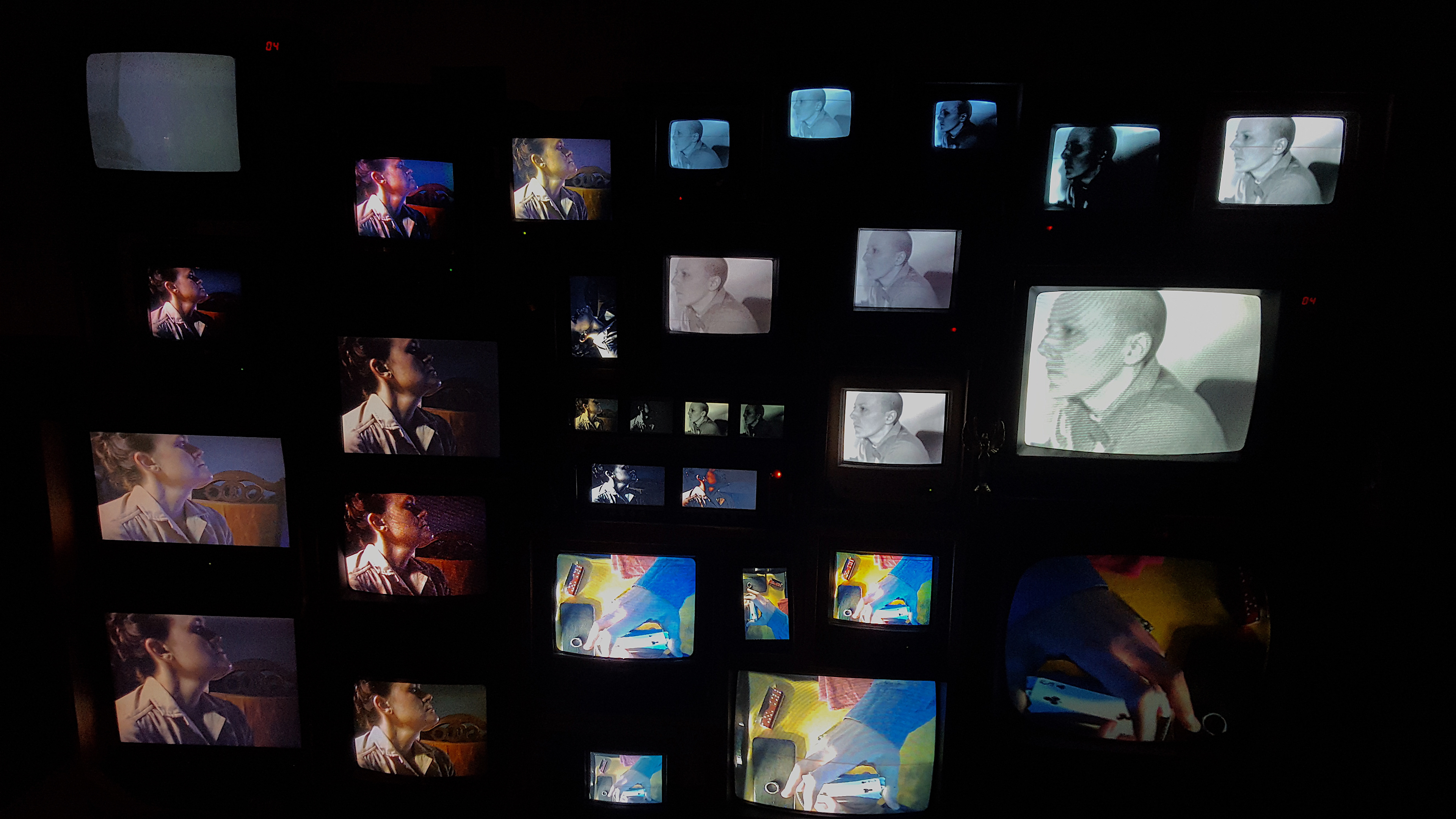
Many Thanks to the Puffin Foundation for the support of this work.
Reviews for Mixtape:
“This show hit me between the eyes and shook my soul a bit. It was hard-edged and raw and yet balletic and quiet.....I needed this and I didn’t even know. I needed deep Southerness and complicated femininity It was beautiful and sometimes hard to watch. The script was cutting and brilliant. We sat in silence as the last song of the show played, stunned. Still drinking in the experience, not ready to applaud, and bring it to an end.” Aaron Sanders
"In Trinitron Mixtape we watch two lovers onstage; they are in the same theater, though they are not in the same worlds onstage. One is in prison, the other we assume is in her home; in their own way they are both incarcerated. We as the audience are able to witness them from a variety of perspectives (another wonderful metaphor for life, especially in the digital age). Though I did not actually count, what seems like half a dozen cameras are situated around the space, allowing the actors to be filmed as they speak in real time, and allowing the audience to witness their experience from a variety of gorgeously crafted stage pictures, which are simultaneously transmitted to a wall of screens. Like in the movies, what’s been staged for the screen to capture lacks a sense of genuineness; like in theater, there’s no hiding what we are actually witnessing." Lindsey Greer Sikes
